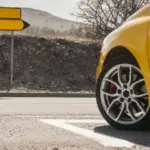Car Making Noise When Turning (A Comprehensive Guide)
Car noises when turning can be caused by a variety of issues, ranging from power steering system problems to suspension and steering component issues, and even wheel and tire problems.
June 2, 2023
Table of ContentsShow
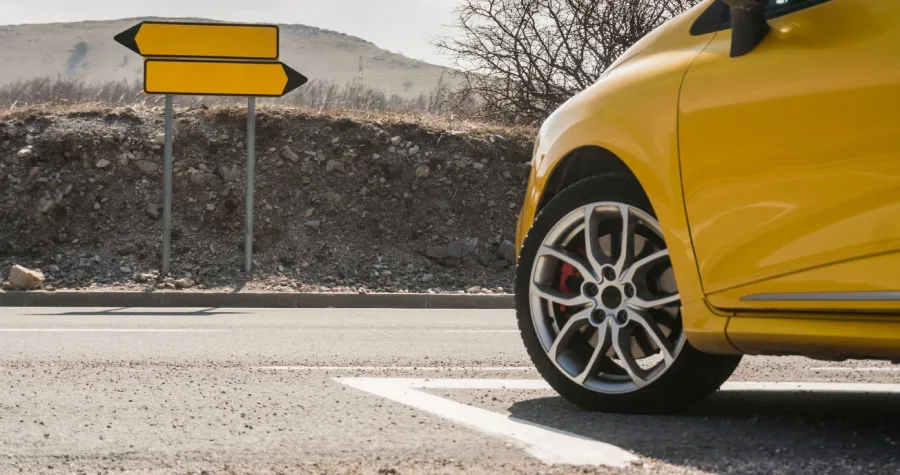
In this comprehensive article, we will explore the various reasons behind car noises when turning, their potential implications, and the steps you can take to diagnose and resolve these issues.
Table of ContentsShow
#1 Power Steering System Issues
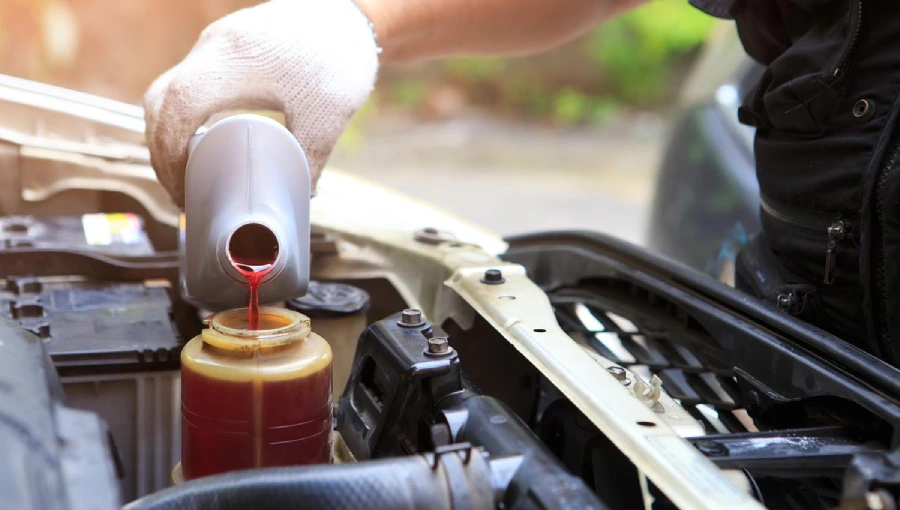
One of the most common causes of car noises when turning is a problem with the power steering system. The power steering system is responsible for making it easier to turn the steering wheel, and any issues with its components can lead to noises when turning.
Low Power Steering Fluid: If your car’s power steering fluid is low, it can cause a whining or groaning noise when turning. This is because the power steering pump is struggling to circulate the fluid properly. To resolve this issue, check the power steering fluid level and top it off if necessary.
Power Steering Pump Failure: A failing power steering pump can also cause noises when turning. If the pump is damaged or worn out, it may produce a whining or grinding noise. In this case, the pump will need to be replaced.
Damaged Power Steering Belt: A damaged or loose power steering belt can cause a squealing noise when turning. Inspect the belt for wear and tear, and replace or adjust it as needed.
#2 Suspension and Steering Components
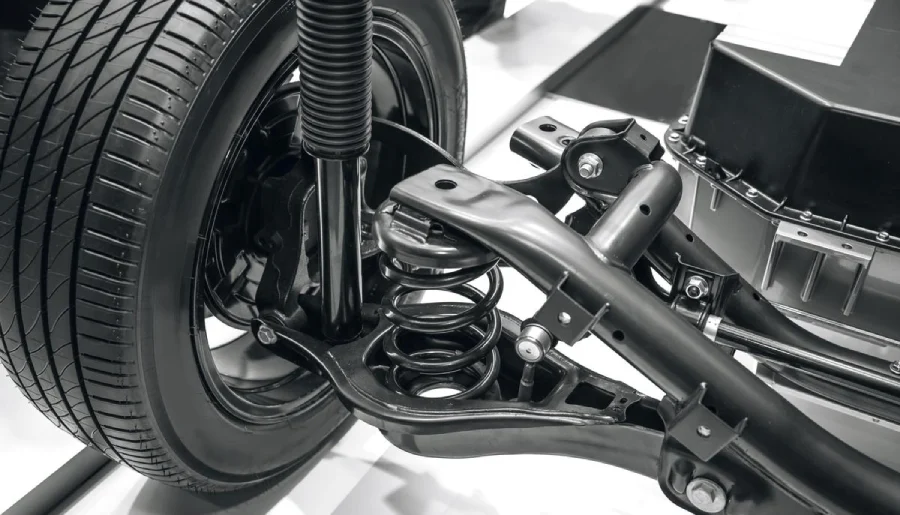
Issues with your car’s suspension and steering components can also lead to noises when turning. These components are responsible for maintaining your car’s stability and handling, and any problems can result in unusual sounds.
Worn Ball Joints: Ball joints connect the steering knuckle to the control arm and allow for smooth movement when turning. Worn ball joints can cause a clunking or popping noise when turning. If left unaddressed, this can lead to further damage and unsafe driving conditions.
Damaged Tie Rod Ends: Tie rod ends connect the steering rack to the steering knuckle and help control the movement of the wheels. If these components are damaged or worn, they can cause a clunking or knocking noise when turning. Replacing the damaged tie rod ends is necessary to resolve this issue.
Worn Struts or Shocks: Worn struts or shocks can cause a creaking or groaning noise when turning. These components are responsible for absorbing road impacts and maintaining your car’s stability. If they are worn or damaged, they will need to be replaced.
#3 Wheel and Tire Issues
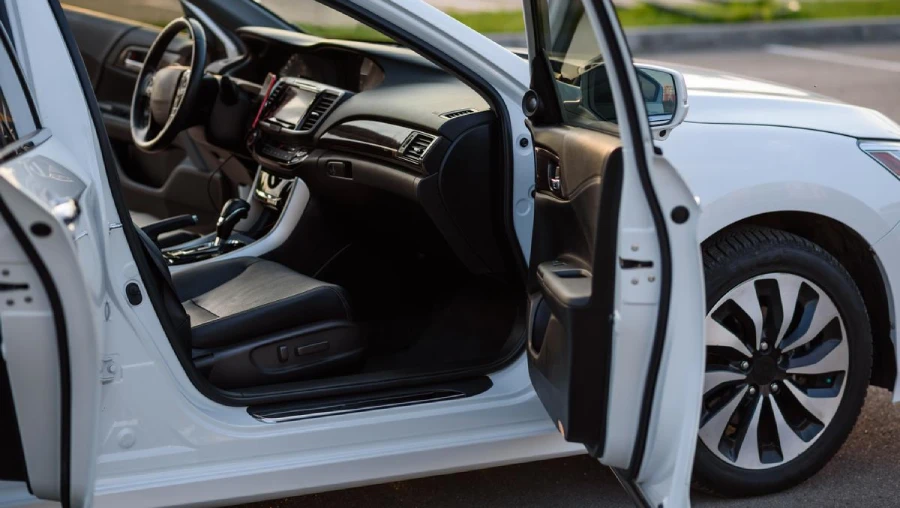
Sometimes, the source of the noise when turning can be traced back to the wheels and tires.
Wheel Bearings: Wheel bearings allow the wheels to rotate smoothly and quietly. If they become worn or damaged, they can cause a grinding or humming noise when turning. In this case, the wheel bearings will need to be replaced.
Uneven Tire Wear: Uneven tire wear can cause a roaring or humming noise when turning. This is often due to poor alignment or unbalanced tires. To resolve this issue, have your tires rotated, balanced, and aligned as needed.
Can I continue driving my car if I hear a noise when turning?
While some noises may not pose an immediate threat to your vehicle’s safety or performance, it’s essential to address the issue as soon as possible.
Continuing to drive with unresolved issues can lead to further damage and more expensive repairs. If you’re unsure about the severity of the problem, consult a professional mechanic for advice.

